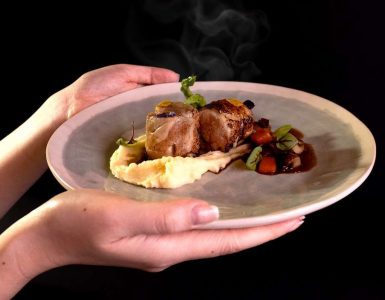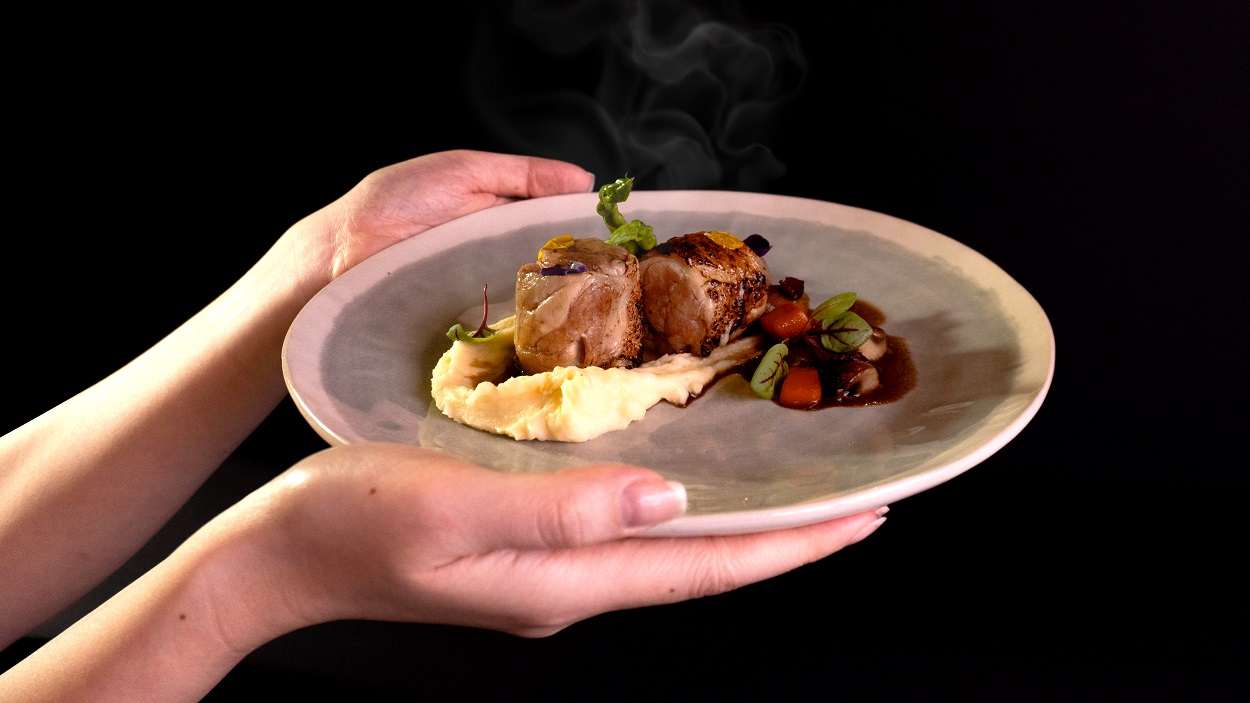‘Not Available’ this was the sign seen at the RON95 pumps at several refueling stations in the Klang Valley recently.
The subsidised RON95 fuel is the favourite choice for motorists nowadays as its selling price of RM1.90 per liter seems more affordable compared with the higher octane rated RON97 that is sold at RM2.50 per liter.
While there is no actual shortage of RON95 fuel, pumps fast run out of this fuel due to the high demand and the failure of the refueling stations to replenish the supply fast.
Nevertheless, Malaysian motorists could still count on their blessings as for each liter of the RON95 that they buy the government is subsidising 75 sen (as of March 14, 2011) despite the fact that the world oil prices have passed USD$100 per barrel.
As for motorists who still prefer the RON97 for better engine performance, they too can appreciate the fact that since last week the government has been subsidising the fuel by 17 sen per liter.
This fact was verified by a source at the accounting analysis unit of the domestic trade division of the Ministry of Domestic Trade, Cooperatives and Consumerism.
The racks at supermarkets and hypermarkets that were once filled with numerous brands of cooking oil went empty in many locations at the end of last year.
Again, there was no real shortage of supply for the subsidised cooking oil but hoarders who were hoping to make quick profits and the delay in replenishing supply is said to be the cause.
Nonetheless, the supply situation has returned to normal with the subsidised cooking oil sold in 5kg packaging costing about RM13 each.
“The prices are controlled and monitored, therefore people need not worry. We welcome the public’s concern over the prices and their feedback not only helps us in monitoring the prices but also in apprehending those manipulating the prices and supply,” noted Iskandar Halim, the Deputy Director for Enforcement at the Ministry of Domestic Trade, Cooperatives and Consumerism.
But in reality, not every consumer item is price controlled throughout.
While items like refined sugar, RON95 petrol, liquefied petroleum gas (LPG), flour, rice and cooking oil are constantly subsidised there are others only subsidised periodically, only during festive seasons.
Deputy Domestic Trade, Cooperatives and Consumerism Minister Tan Lian Hoe during a consumerism related event here recently pointed out apart from the products in the subsidy list, the rest are decided by the market forces and global events.
“Prices like coconut, chili, onion and other food products are not under control and are decided by the market forces and others. This includes natural phenomenon like calamities and the rising world population.
“Consumers have to manage price rise crises prudently and businessmen have to avoid exploiting consumers and should uphold ethics in doing business,” he said.
It is a fact that the cost of living is going up, effectively eroding the buying power of the consumers and reducing the quality of life.
The global uncertainties especially the ones affecting the producers of raw material and food is partly blamed for the rise in the prices of consumer goods all over the world.
Malaysians are well aware how the changing global weather patterns affected the supply and prices of necessities like onions and potatoes.
Thus it was only natural that when the earthquake and the tsunami struck Japan recently, many thought that the natural calamity would have an impact on the products from the country that is well known for its high technology products.
“There is no reason why the prices of things here should rise due to the recent events in Japan,” explained Domestic Trade, Cooperatives and Consumerism Minister Ismail Sabri in allying the fears.
He added that the ministry is continuously monitoring the price movements especially those relating to food items to ensure the people are not burdened by the higher cost of living.
However, Health Minister Liow Tiong Lai emphasised on the safety of foodstuff from Japan following reports of radiation leaks from the Fukushima Daiichi nuclear power plant.
“The Health Ministry will ensure that the food imported from Japan is safe for consumption, free from radiation,” said Liow.
Malaysia imports more than 48,000 metric tonnes of food products from Japan annually mainly consisting of marine products, fruits, cereals and drinks, and canned food.
The Price Control Act 1946 is the basis for the ministry’s price control regulation.
In 2010, a total of 963 consumer complaints were investigated and goods worth more than RM790,000 were confiscated by the enforcement division. The figures here indicate an increase compared with 2009 where 777 cases were recorded with goods worth RM635,000 being confiscated.
Other than this, there is also the Supply Control Act 1961 where 1,300 cases reported in 2010; twice more that the figures in 2009.
Goods valued RM11 million were confiscated in 2010 under this act and this proves the enforcement division’s earnestness in monitoring price and supply.
Meanwhile the Women, Family and Community Development Ministry’s Secretary General Dr Noorul Ainur Mohd Nur advised the women folk who often control the household expenditure to find new source of income.
“Womenfolk must make use of the opportunities provided by the government to earn more income and lead a better life. There is the programme on basic agriculture, business, services and even employment under the NKRAs (National Key Result Areas) that provide economic empowerment for the people.
“At this ministry, there are numerous programmes conducted at the state and national level to assist women in business,” said Dr Noorul.
The 3-6 months programme is meant to help people including single mothers earn a living and lead a comfortable life or at least with all the basic necessities.
Increase in the price of foodstuff is not limited to Malaysia only. The sudden spikes in prices are a global phenomenon as indicated by the monthly global index on world foodstuff for December 2010 and January 2011.
According to the United Nation’s Food and Agricultural Organisation (FAO) report announced last month, the food price index shot up by 3.4 per cent and was the highest recorded since the index was introduced in 1990.
FAO expects the index to continue with its increasing trend in the coming months.
Moreover, FAO’s study found that world food price had risen by 32 per cent in the first half of 2010, much contributed by the changing weather patterns in food producing countries.
No matter what, at the end of the day the consumer is the one who decides on how he is to face the price increase. Thus a discerning consumer and the one who buys what is needed only helps in stabilising prices.
– Bernama











